St. Louis Public Radio | By Eric Schmid
Published March 1, 2024 at 10:48 AM CST
The Missouri Building Codes Act, introduced by Rep. David Casteel, R-High Ridge, would establish baseline standards for building, electrical, mechanical, plumbing, property maintenance and other activities associated with construction or renovation.
The bill would also ensure the statewide codes are reviewed and updated at least every six years.
It was developed primarily in response to the patchwork of standards in St. Louis County municipalities, many of which have adopted their own building codes from different years, sometimes decades ago, said Charles Hinderliter, coalition director for Safer + Simpler Missouri, which supports the legislation.
“While the problem was most acute in St. Louis, this is a problem statewide,” he said. “We think this is a system that sets municipalities up to fail as much as it does set industry up to fail too.”
The current swath of standards means more work for those seeking a permit to build or renovate, because they have to spend more time determining which standards apply to their project, Hinderliter said. There have been instances in which a contractor adheres to a county standard that might not be as stringent as a specific municipality’s, he added.
“The right intention by the contractor, but they followed the wrong code, so then they had to come back and redo the work,” he said. “Now you have an angry homeowner, an angry contractor and an angry inspector who got yelled at too for just applying the rules.”
A statewide baseline would eliminate that confusion by requiring localities that have already adopted building codes to use the state standard or something stricter if desired, Hinderliter said. He added the law wouldn’t apply to portions of the state without any building codes unless they wanted to adopt them.
“At the end of the day it’s preserving that local control,” Hinderliter said. “To say ‘local government, you decide whether or not this is right for your community. But if you’re going to have a code, let’s keep it current, and let’s keep it more consistent.’”
The model codes from the International Code Council that many jurisdictions adopt are updated every three years to incorporate new technology, practices or lessons from recent disasters, said Gabe Maser, the code council’s senior vice president for government relations.
“We’re incorporating new materials, new best practices,” he said. “The benefit of a consistent or level playing field is that all jurisdictions and residents in those jurisdictions benefit from those advancements.”
Regularly updated codes can also aid with disaster resilience, Maser said. The Federal Emergency Management Agency estimates adopting current building codes can avoid hundreds of billions of dollars in damages.
“FEMA views building code adoption and effective enforcement as the most consequential measure that a community can undertake to mitigate risk,” Maser said. “Building codes, once they’re in place, affect all new construction as well as all major renovation so that the benefits and lessons learned are integrated.”
Research into the aftermath of the catastrophic tornado that hit Joplin 2011 and killed 158 people spurred additions to later updates of the model International Building Code, but those changes only apply in jurisdictions that adopt the new codes. The warehouse in Edwardsville leveled by a tornado 10 years after the events in Joplin only had to meet to standards from the 2006 International Building Code, which the city still uses.
“They built the building to the legal requirements but maybe the legal requirements should have been updated,” Hinderliter said.
He added that Illinois is adopting a statewide building code starting next year and hopes Missouri will follow suit soon.
“Our goal is not to pass this year. Our goal this year is to get input,” he said. “It’s time to really dig in in the state capital and get input from legislators to see what their appetite is and see what issues they see.”
Send questions and comments about this story to feedback@stlpublicradio.org.

